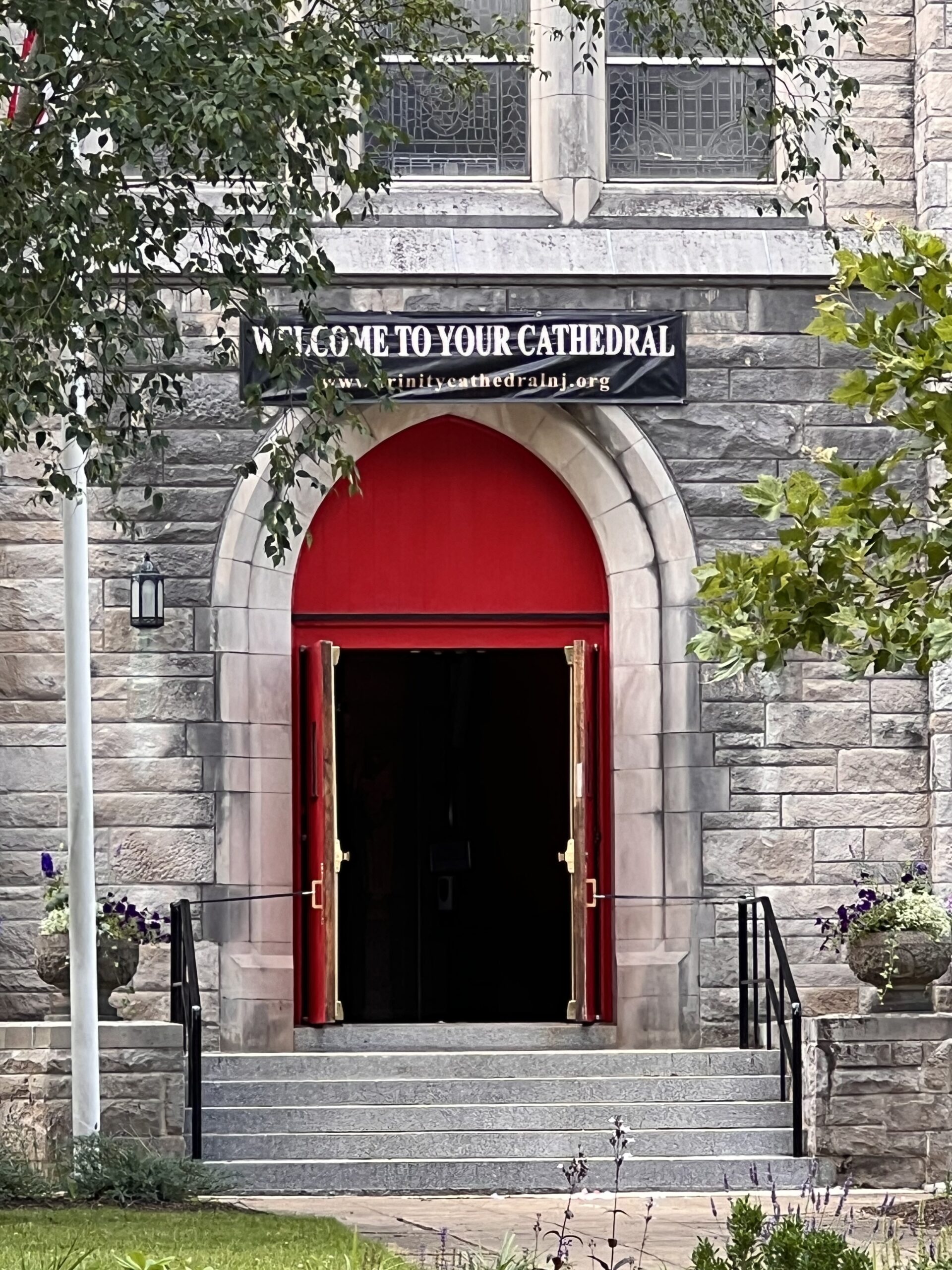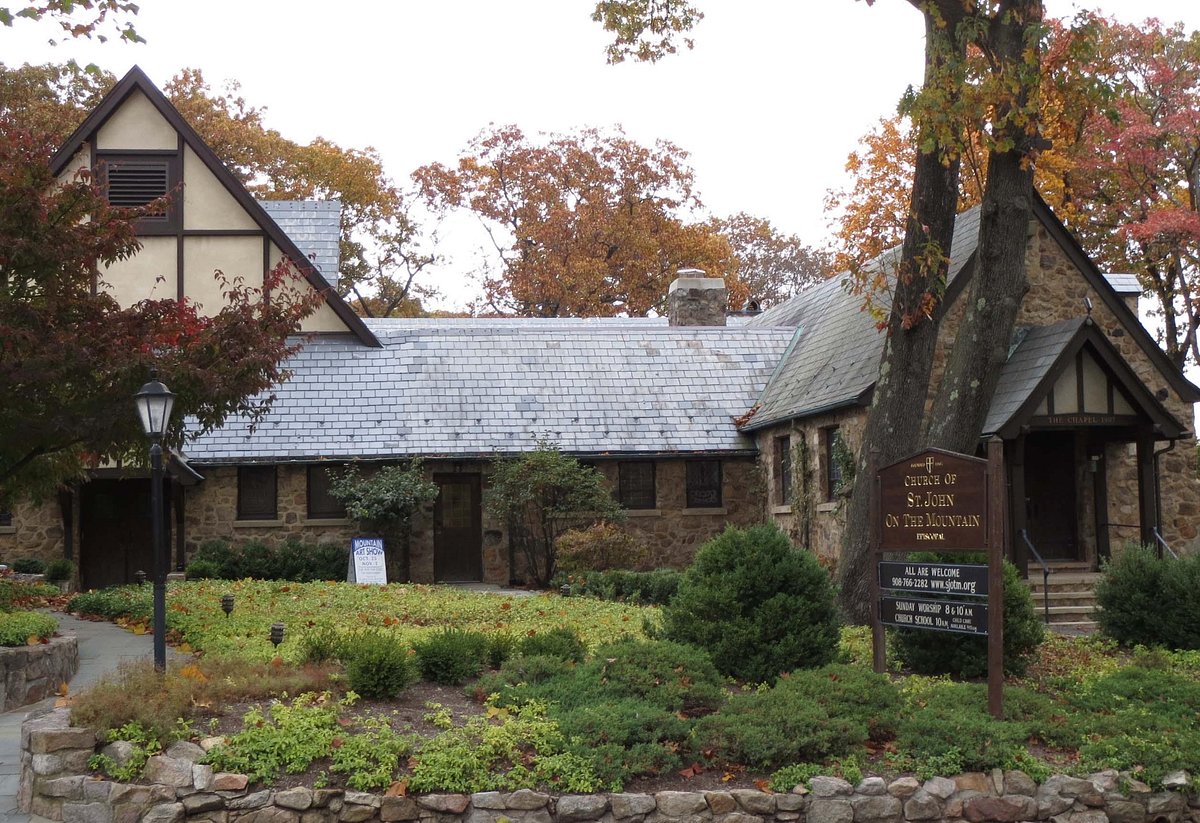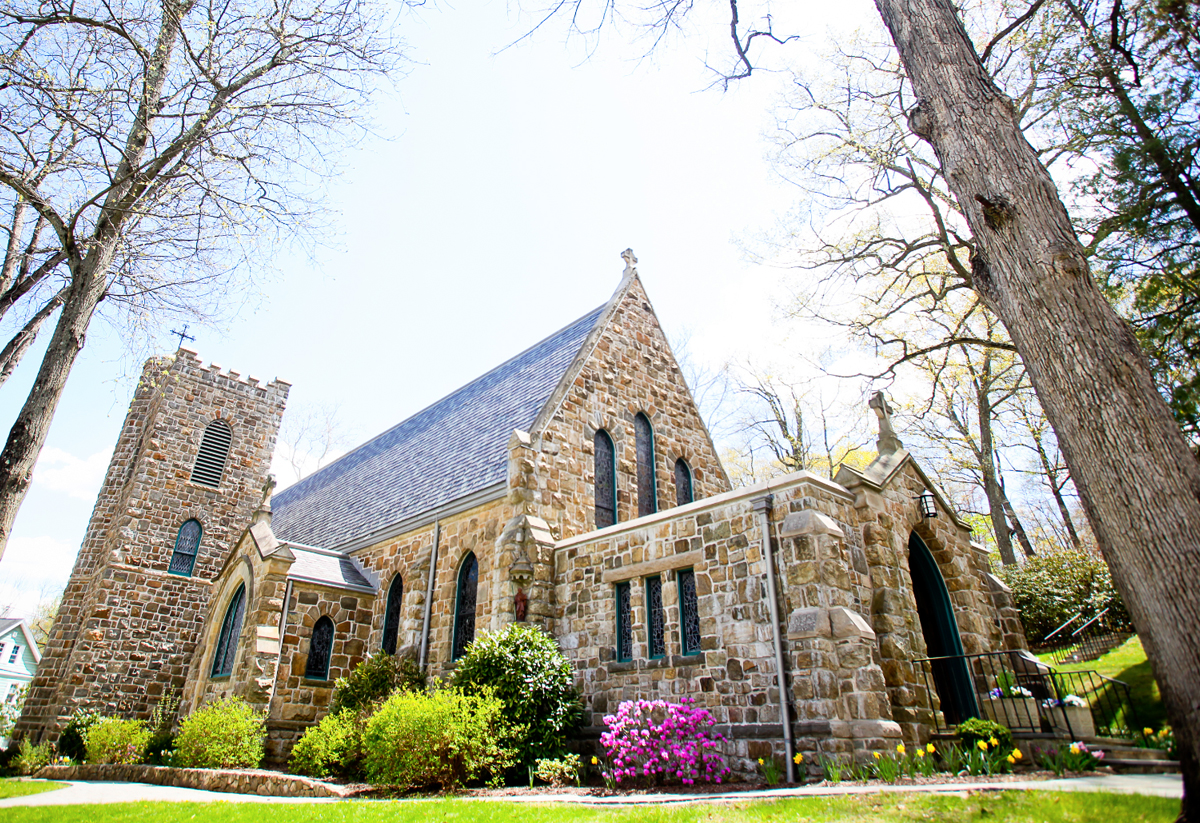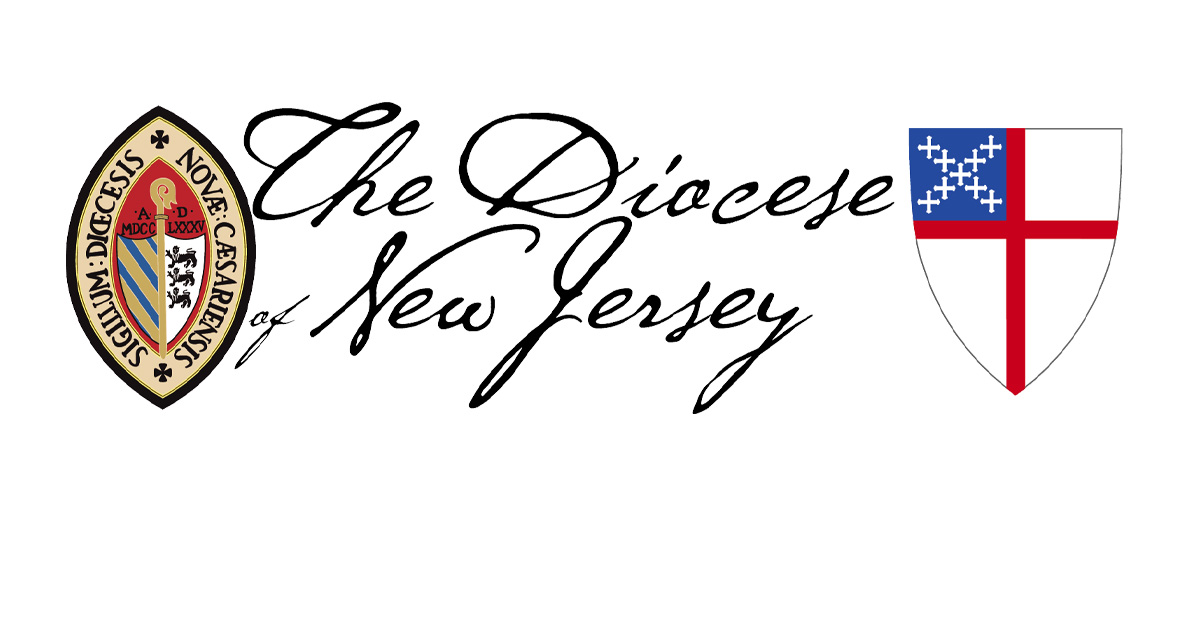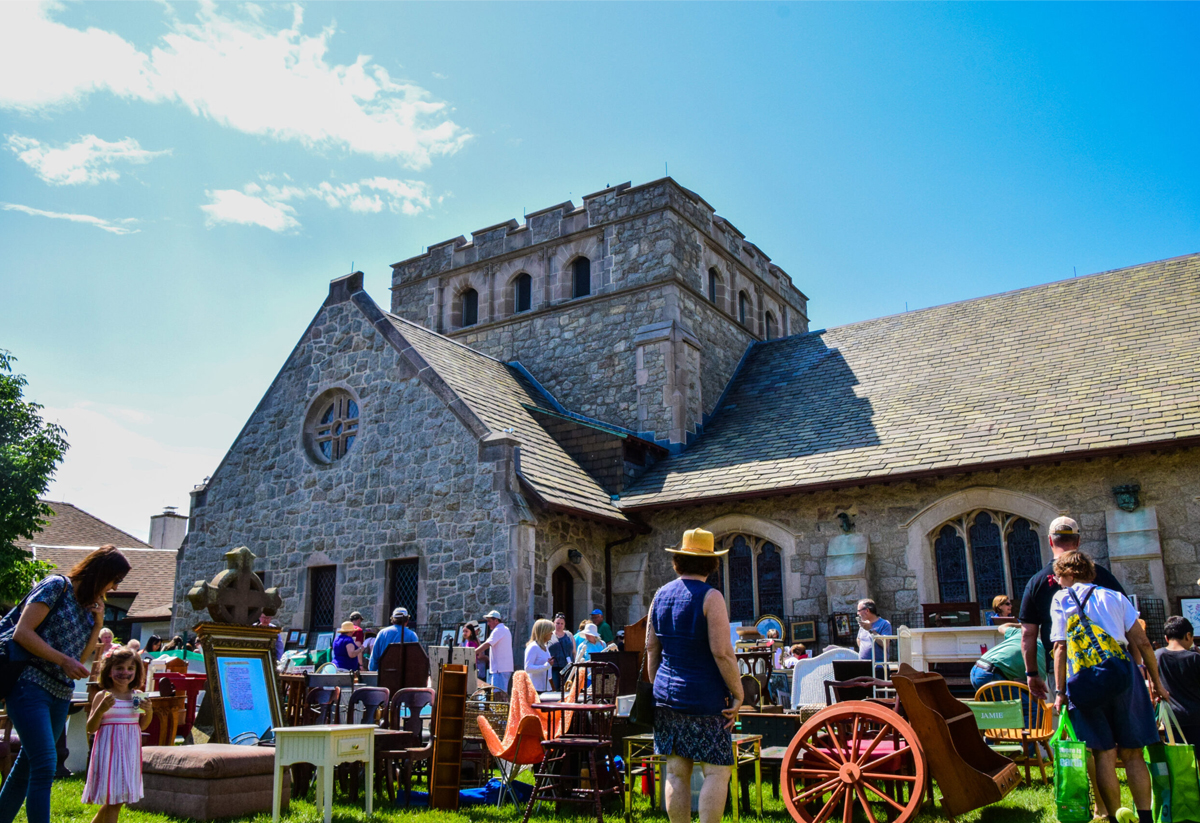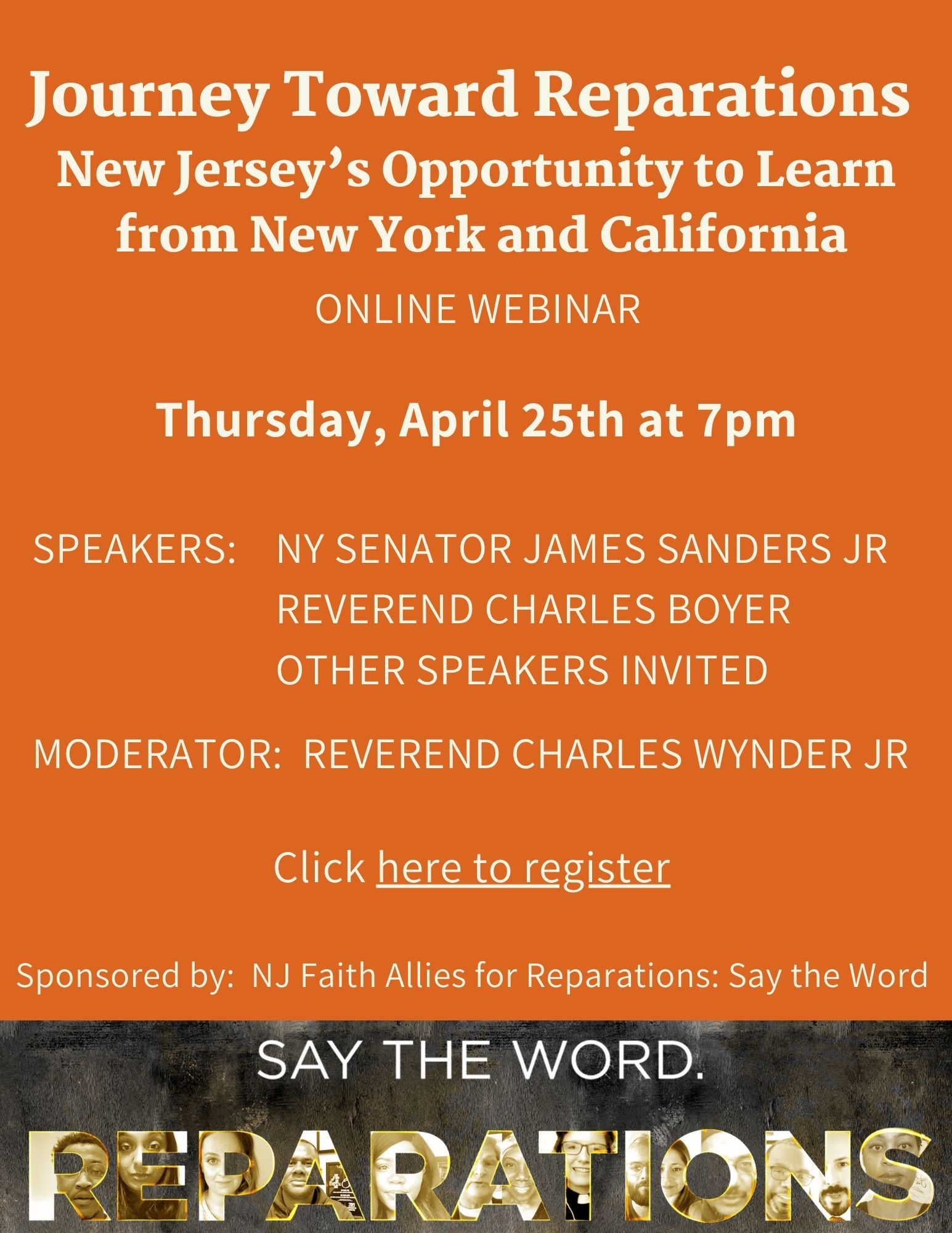Dear People and Friends of the Diocese of New Jersey,
Let justice roll down like waters, and righteousness like an ever-flowing stream—Amos 5:24
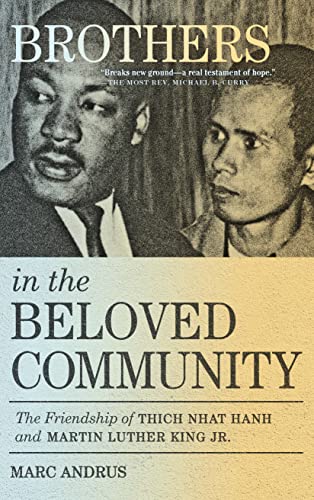 I recently read a fascinating and, I think, wonderful book by my friend and colleague, Bishop Marc Andrus of the Diocese of California. The book is titled Brothers in the Beloved Community: The Friendship of Thich Nhat Hanh and Martin Luther King Jr. In this book, Bishop Andrus explores the remarkable friendship that developed between Dr. King and Buddhist Monk, peace activist and author Thich Nhat Hanh in the 1960s. This friendship was precipitated by a 1965 letter Naht Hanh wrote to Dr. King reflecting on the self-immolation of Thich Quang Duc and other Buddhist monks and nuns who had sacrificed themselves in an effort to call attention “to the repression of Buddhists by the South Vietnamese regime, which was allied with the Americans and the West.”[1]
I recently read a fascinating and, I think, wonderful book by my friend and colleague, Bishop Marc Andrus of the Diocese of California. The book is titled Brothers in the Beloved Community: The Friendship of Thich Nhat Hanh and Martin Luther King Jr. In this book, Bishop Andrus explores the remarkable friendship that developed between Dr. King and Buddhist Monk, peace activist and author Thich Nhat Hanh in the 1960s. This friendship was precipitated by a 1965 letter Naht Hanh wrote to Dr. King reflecting on the self-immolation of Thich Quang Duc and other Buddhist monks and nuns who had sacrificed themselves in an effort to call attention “to the repression of Buddhists by the South Vietnamese regime, which was allied with the Americans and the West.”[1]
Those of us who lived during those times likely remember the agonizing images of Thich Quang Duc sitting in the middle of a road in the lotus position engulfed in flames. As Bishop Andrus reports, the Western Press generally viewed these acts negatively, characterizing them as “suicides,” which, as he rightly notes has often been viewed in the West as a “grave sin.”[2] As Naht Hahn explains in his 1965 letter to King, “To burn oneself with fire is to prove that what one is saying is of utmost importance…To say something while experiencing this kind of pain is to say it with the utmost courage, frankness, determination and sincerity.”[3] According to Bishop Andrus, “By explaining the meaning of the self-immolations, [Naht Hahn] was seeking to enlist King in the effort to bring peace to Vietnam.”[4]
Bishop Andrus portrays the unlikely friendship that developed between the two as a result of that initial correspondence. They subsequently engaged in frequent written correspondence and King would nominate Naht Hahn for the Nobel Peace Prize which he himself had received. The two men only met in person twice. The first of these meetings took place on May 31, 1966, in Chicago. Following their meeting, they issued a joint press release that underscored their common cause. It stated:
We believe that the Buddhists who have sacrificed themselves, like the martyrs of the civil rights movement, do not aim at the injury of the oppressor but only at changing their polices. The enemies of those struggling for freedom and democracy are not man. They are discrimination, dictatorship, greed, hatred, and violence, which lie within the hearts of man. These are the real enemies of man—not man himself. We also believe that the struggles for equality and freedom in Birmingham, Selma and Chicago, as in Hue, Danang and Saigon, are aimed not at the domination of one people by another. They are aimed at self-determination, peaceful social change, and a better life for all human beings. And we believe that only in a world of peace can the work of construction, of building good societies everywhere, go forward. We join in the plea, written June 1, 1965, by Thich Nhat Hahn in a letter to Martin Luther King, Jr. ‘Do not kill man, even in man’s name. Please kill the real enemies of man, which are present everywhere, in our very hearts and minds’[5]
Bishop Andrus’s book is not only a rich examination of the friendship between these two world peace figures and activists, it is a thoughtful exploration of the principles behind each man’s thinking and development. But Bishop Andrus’s purposes are larger still. In exploring the friendship of Martin Luther King, Jr. and Thich Naht Hahn, Bishop Andrus discerns “an embodiment of the Beloved Community”—Beloved Community being a key objective not just of Dr. King’s preaching, teaching, and activism, but of his entire life and witness. Andrus views “Beloved Community” as “the third character in this biography of friendship.”[6] The “central idea” behind the term, Bishop Andrus notes, “lives in the New Testament as the Kingdom of Heaven.”[7]
In 2014, Naht Hahn issued a statement following Dr. King’s death that Bishop Andrus describes as a “thunderclap.” Hahn was reflecting the time when he learned of Dr. King’s assassination and described himself as “devastated.” He then said, “I made a deep vow to continue building what he called ‘the Beloved Community,’ not only for myself but for him also.” In that statement he continued, “I have done what I promised to Martin Luther King, Jr. And I think I have always felt his support” [emphasis added].[8]
Bishop Andrus writes:
I came to the conclusion that for Thich Nhat Hahn, his relationship with King, indeed continued and deepened beyond King’s death, transforming from a collaboration of peace and justice advocates into friendship, or even kinship brotherhood. King has been extending his loving aid to Nhat Hahn over four decades, acting as in the Buddhist understanding, a bodhisattva, a radiant being who devotes their energies to brining enlightenment to all.[9]
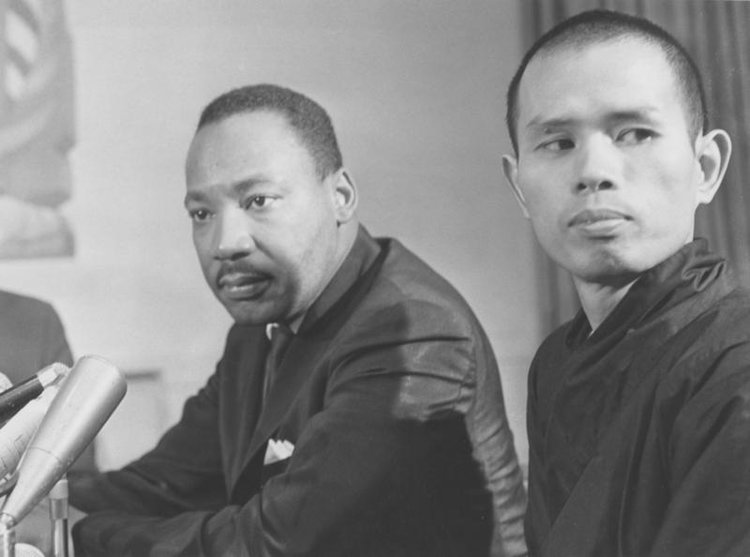
There is a great deal to commend in Bishop Andrus’s book. I think it would be great for us to read and discuss it as a diocesan community. Among other things, Bishop Andrus offers practical suggestions about building “Beloved Community” in our own contexts today. As we approach our annual observance of Martin Luther King, Jr. Day, however, the lasting effect of the friendship between the two men, and Naht Hahn’s experience of Dr. King after Dr. King’s assassination, not merely as someone remembered, but as an ongoing influence and reality is striking to me.
Today, as a nation, and as a world community, we continue to be challenged by the forces of discrimination, hatred, greed, lust for power, anger, and violence which plagued the world when Thich Naht Hahn and Martin Luther King, Jr. struck up their friendship. As our Presiding Bishop observed in his Message to the Nation on January 6, “there are forces intentionally seeking and working to divide us. Left unchecked, unaddressed, and unhealed, this can lead to the decline and deconstruction of our nation and make it impossible for us to strive to be ‘one nation under God, indivisible, with liberty and justice for all.’”[10]
At present, legislatures around the nation are engaged in a systematic attempt to suppress the votes of people of color, especially Black Americans. It is shameful that this kind of oppression continues decades after the first Voting Rights Act was passed in 1965. The right to vote is sacred for all citizens of this country. If our democracy is to be true, the sacredness of the vote must be preserved. All people of good faith should support the Freedom to Vote Act, not only this Martin Luther King, Jr. Day, but everyday.
The work toward Beloved Community, so central to Martin Luther King, Jr. and Thich Naht Hahn, continues to call to us. As Thich Naht Hahn’s witness makes clear, Dr. King’s spirit, his living spirit, continues to walk with us though it all. Let justice roll down like waters, and righteousness like an ever-flowing stream (Amos 5:24).
God bless you and keep you.
Faithfully in Christ,
 The Right Rev. William H. Stokes
The Right Rev. William H. Stokes
Bishop of New Jersey
________________
Notes
[1] Andrus, Marc Brothers in the Beloved Community: The Friendship of Thich Nhat Hanh and Martin Luther King, Jr. (Berkely, California: Parallax Press, 2021) p. 17 – Kindle Location 436
[2] Andrus, p. 17, Kindle location 436
[3] Andrus, p. 18, Kindle location 450
[4] Andrus, p. 18, Kindle location 443
[5] Andrus, p. 108, Kindle location 1801
[6] Andurs, p. 59, Kindle location 1033
[7] Andrus, p. 64, Kindle location 1109
[8] Andrus, p. 121. Kindle location 1998
[9] Andrus, 9, Kindle location 315
[10] Curry, Michael B. “Jan. 6, 2022: Presiding Bishop Michael Curry’s address to the nation
A Moment of Peril and Promise” – See https://dioceseofnj.org/weekly_message/curryaddress/

